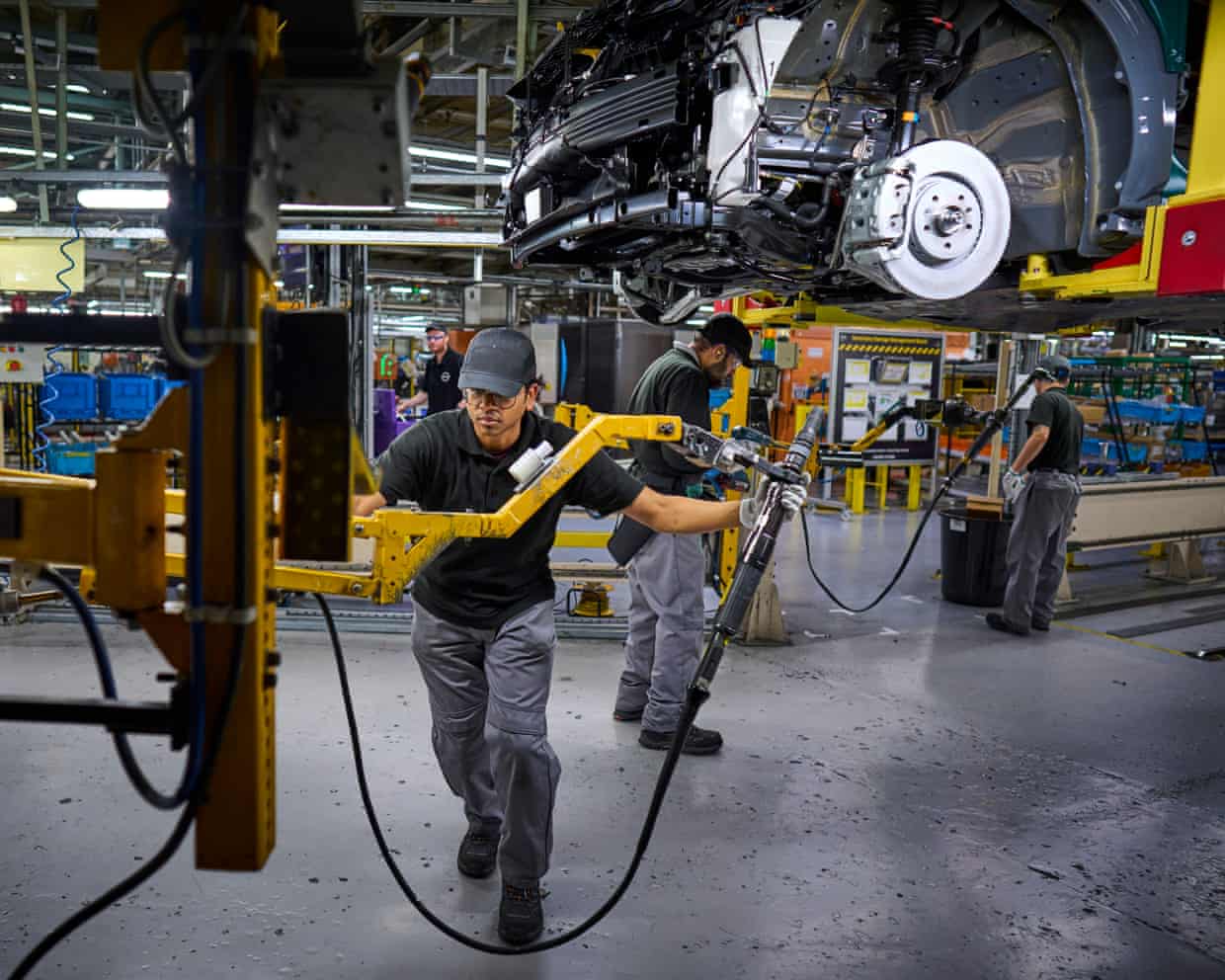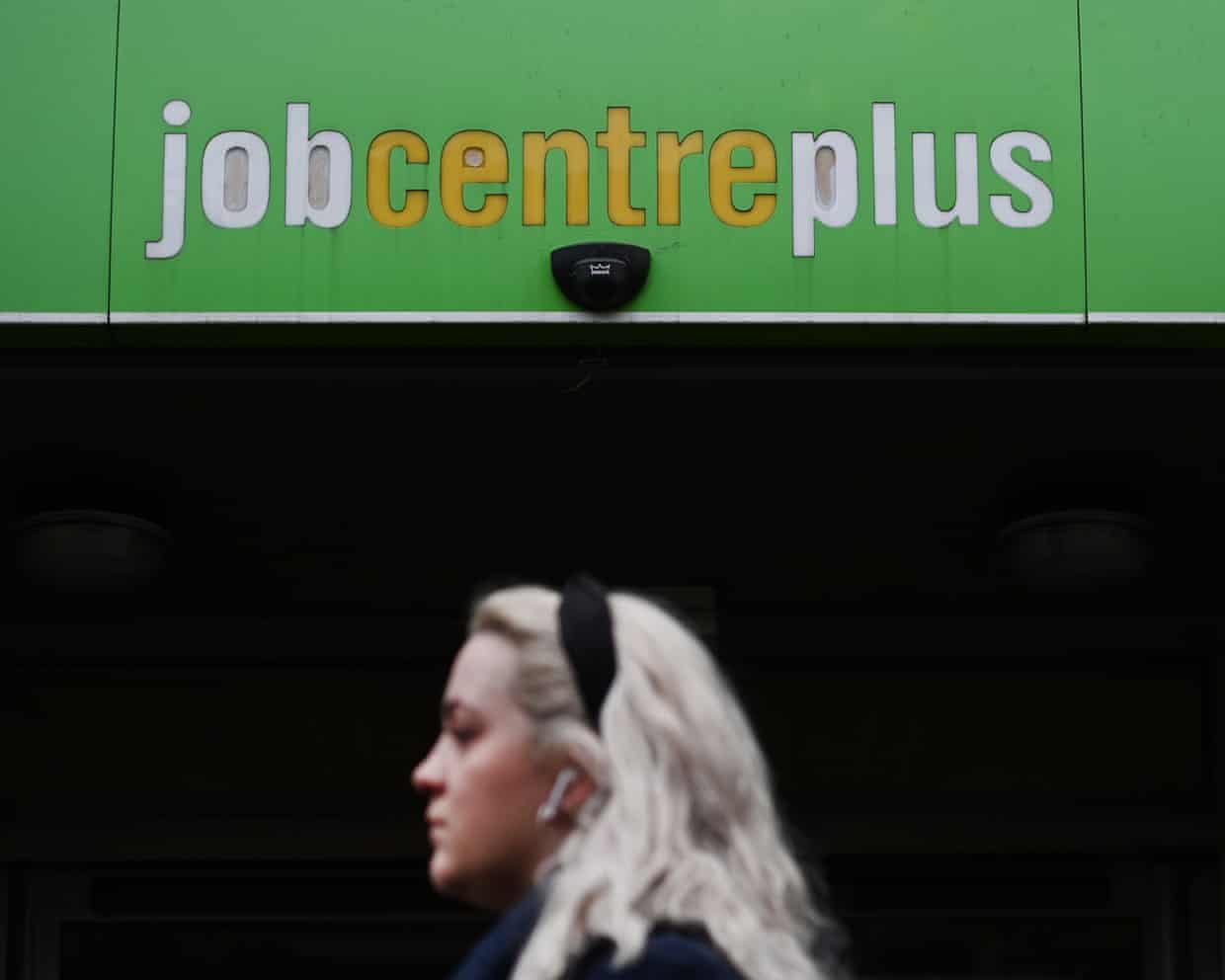
Nissan ‘says Sunderland plant could close’ if UK excluded from Made in Europe rules
The Japanese carmaker Nissan has reportedly said it could be forced to close its plant in Sunderland if the UK is not fully included in new “Made in Europe” manufacturing rules proposed by the EU.The UK car industry trade representative group also said it was “gravely concerned” about the proposals, which it said could damage the £70bn annual cross-channel trade.Under the EU plans, public subsidies to speed up the development of electric vehicles would only be available to EVs made in European plants. Announced by the EU industrial strategy commissioner, Stéphane Séjourné, on Wednesday, the proposed Industrial Accelerator Act (IAA) is designed to protect the bloc from cheap competition from China.According to reports on Thursday, Nissan has privately warned the UK government it could be forced to close if the proposals became law

Oil price continues to rise amid Middle East crisis but stock markets rebound across Asia
Stock markets have rebounded in Asia after days of heavy losses driven by the war in the Middle East, but oil and gas prices have continued to climb amid disruption to supplies.South Korea’s KOSPI, which posted its biggest ever fall on Tuesday of 12%, rose by almost 10% on Thursday, while Japan’s Nikkei climbed by 1.9%. MSCI’s Asia-Pacific index excluding Japan jumped by 2.7%

Sam Altman admits OpenAI can’t control Pentagon’s use of AI
OpenAI’s CEO, Sam Altman, told employees on Tuesday that his company does not control how the Pentagon uses their artificial intelligence products in military operations. Altman’s claims on OpenAI’s lack of input come amid increased scrutiny of how the military uses AI in war and ethics concerns from AI workers over how their technology will be deployed. “You do not get to make operational decisions,” Altman told employees, according to reports by Bloomberg and CNBC.“So maybe you think the Iran strike was good and the Venezuela invasion was bad. You don’t get to weigh in on that,” Altman reportedly said

Elon Musk takes witness stand in trial over Twitter takeover
Elon Musk took the stand on Wednesday in a trial brought by Twitter investors, who allege the billionaire committed securities fraud as he was buying the social media company in 2022. The class-action lawsuit alleges Musk agreed to buy Twitter but then waffled for months, attacking the company with the goal of bringing down the stock price to get a better bargain.After contentious legal wrangling, Musk did eventually buy Twitter for $54.20 a share, his original offer, totalling around $44bn. Musk testified on Wednesday that he didn’t realize his attacks on the company, mostly done via tweet on Twitter itself, would lower the company’s stock price or hurt its investors

From a 19-time world champ to Monster Mike: US athletes to watch at the 2026 Winter Paralympics
The first-time Paralympian only turned 19 at the start of March, but she has been in the news for her skiing prowess since she was a second-grader. She’s also going to Italy on a roll, having reached the podium in two World Cup downhill races in early February. In the 2024-25 season, she had two World Cup podium finishes in giant slalom, and she took bronze in giant slalom and fifth in slalom at the world championships, where the other three events were canceled. Though she was born without her lower right arm, she was still an honorable mention All-State softball player in Colorado.In 2018, Adicoff graduated from Bowdoin, where he competed alongside able-bodied athletes on the cross-country ski team, and won silver at the Paralympics in the same year

Emma Raducanu hopes to rediscover ‘natural’ style that has been ‘coached out of me’
Emma Raducanu says she is determined to wrest back control of her “natural” tennis style, with the British No 1 eager not to be bound by the diktats of a single coach.“I want to come back to my natural way of playing. That takes time to relearn because that’s something that has been coached out of me a little bit,” Raducanu told BBC Sport. “I have had a lot of people telling me what to do, how to play, and it hasn’t necessarily fit. I don’t necessarily want to have one coach in the role because anyone I bring in is straight away going to be scrutinised – even if it’s a trial

The UK scandal of women handcuffed while in labour: ‘I was so shocked when the restraints weren’t removed’

More than 220m children will be obese by 2040 without drastic action, report warns

Unemployment set to hit 5.3% this year amid ‘worrying’ rise in young jobless

Recruiting nurses overseas must work for all | Letter

Quarter of healthy years lost to breast cancer are due to lifestyle factors, research finds

Scotland becomes first UK country to legalise water cremations